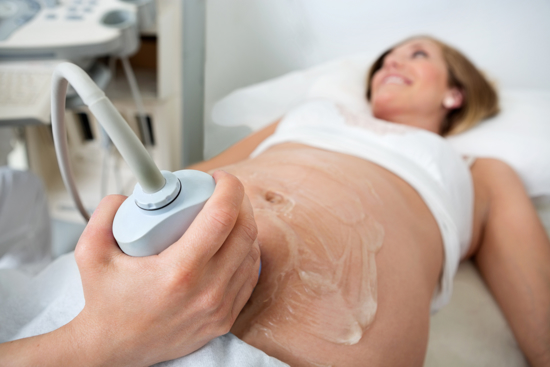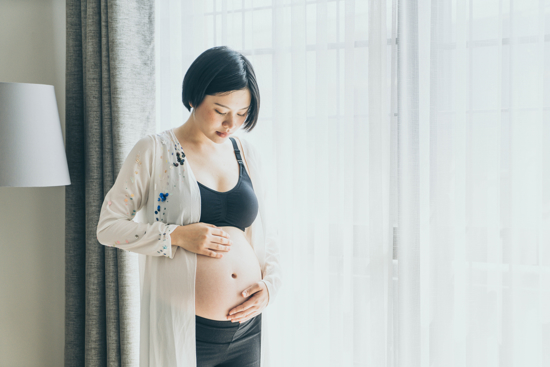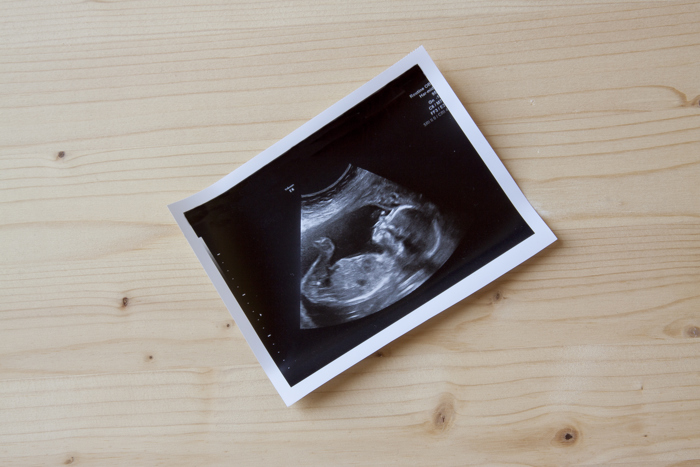What’s happening to the mother?
You will probably be able to feel your baby moving by now. Women who have given birth before often detect signs of life in their baby earlier than those expecting their first child. The fetus’ movements may feel like gas in your stomach or bowel movements. At first, it may feel like a tiny shivering or tingling in your stomach, and you may not be quite sure what it is.
Your baby’s movements will gradually become more apparent, and you will be in no doubt that it is your baby that is moving.
It is normal to gain 11-16 kilograms in weight during a pregnancy. Much of this weight gain is due to the fact that you are producing more blood and amniotic fluid, and the fact that your womb, placenta and baby are all growing.
In some women, the navel bulges outwards. This is completely harmless and will return to normal by itself after birth.
Development of the fetus
The baby has now begun to make faces and suck its thumb. It reacts to sound and can distinguish between light and darkness.
You might feel fetal hiccups as rhythmic little thumps that come and go. The fetus hiccups because it produces urine and drinks amniotic fluid. This process helps to purify the amniotic fluid.
The baby is now covered in a layer of white fat, which attaches to the hairs on its body. This layer of fat will protect the skin for as long as the baby remains in the amniotic fluid.
The baby will weigh around 350 grams during week 20 of the pregnancy and will be about the size of a honeydew melon. At this stage, most babies are about the same size. This makes it beneficial to determine the due date using ultrasound at this time.

Routine ultrasound examination of pregnant women
All pregnant women in Norway are offered an ultrasound examination around week 18 of their pregnancy. An ultrasound examination as part of prenatal care is a medical examination of the fetus and uterus.
Illustration: Doug Olson / Mostphotos

Pregnancy weeks 21 and 26
You are now over halfway through your pregnancy and you may gradually start feeling movements on the outside of your stomach.
Illustration: Natthapon Ngamnithiporn / Mostphotos
